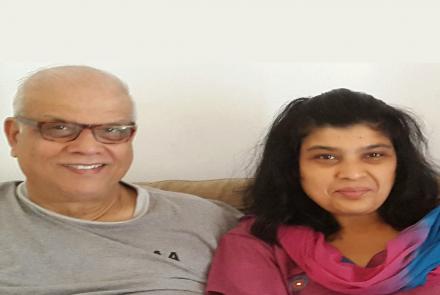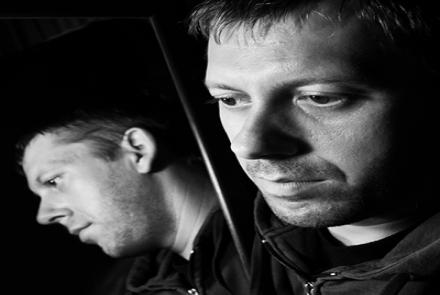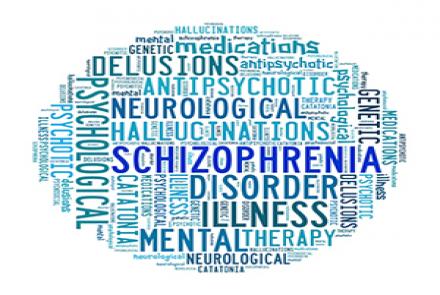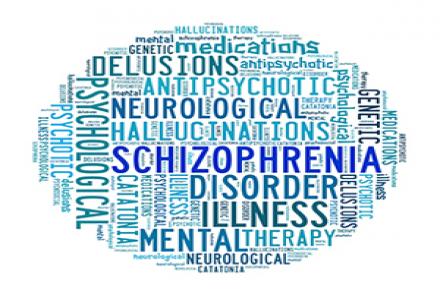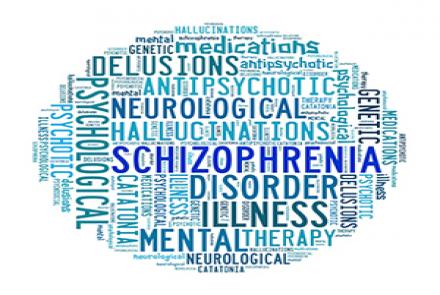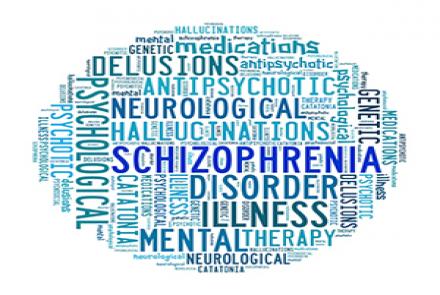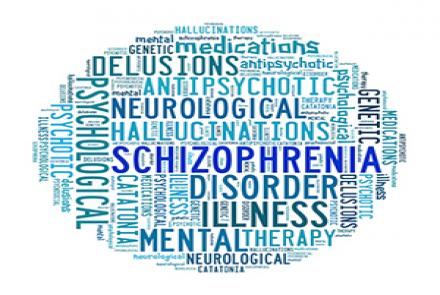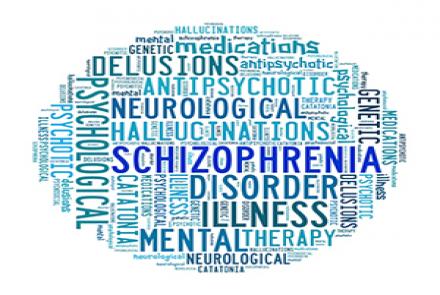
Yuna Angell has coped with Schizophrenia and has also been in control of it for some time now. Here she recounts the regimen of her daily life, the accompanying stresses and the side effect of her daily doses of medicine and how does she cope with it all.
How do I prepare for a work day, now that I have various things to do in my life right now, while changing my medications?
I was diagnosed with Schizophrenia in 2004 and stabilised more or less in 2013. I was originally on 4mg Risperidone. But I was starting to do more in life in terms of work load and I realised I kept dozing off when I tried to concentrate harder in front of my laptop. I was falling asleep too whenever I tried to read things for a longer period of time. That was putting me off. I wanted to become more productive in life and I realised that I had been rather stable on my old medications.
Read Yuna's journey from diagnosis to recovery and living with Schizophrenia
I tried to drink coffee as a non-medicinal way of coping with the drowsiness induced by the old medications namely Risperidone, and it would wreck my sleeping hours and alertness in the night so badly that I would have a bad bout of insomnia and then end up sleeping away throughout the day.
So I decided to ask my psychiatrist for non-drowsy options and for new medications suitable for schizophrenia. My doctor put me on Abilify, the non-drowsy anti-psychotic medication which worked wonders for me. I am also on 1 mg Risperidone, which was reduced from 4 mg Risperidone over the past few months. The current change in medications made me a bit jumpy, and adapting to a new work pace straight after unemployment made me anxious. I spoke to my family doctor and he prescribed Lexotan, a sort of tranquiliser, to relax and help with my work anxiety. I tried other methods like music and meditation but they put me to sleep and don't help me work. I do use other natural methods to relax myself as well and I have described them below,
Nowadays, most of my work are “work from home” types of assignments. For example, I write poems and articles and submit them to some online magazines and websites for building up my resume in terms of writing experiences. Next, I am actively looking around for a part time job and so I’m going for job interviews on and off. And lastly, I am studying some distance learning short courses to further improve my writing and other skills in the various interests I have.
I wake up, usually late in the morning, around 10am and I freshen up. Sometimes if I feel the anxiety, I tend to take the tranquiliser around this time. The doctor told me I could take up to 3 tabs a day but not to take it too often. Then I reach for one or two yoghurt muesli low calorie bars from the refrigerator and that’s my breakfast. With this, I usually feel energised enough to start sitting down in front of my laptop to check my emails and social media accounts before I start doing some writing. If I feel uninspired to write, I usually switch on the television briefly to the news channel and ponder about the ups and downs in life through that. This usually helps create some ideas for poetry writing for me about the concerns in life but as a writer, things I write do not always get completed in the end!
I am actually also working on a new book, so I am putting aside some time to read and research on Celtic society to write about a fantasy story based on Celtic women warriors. I also got a book on nature poetry to observe how nature poets craft their verses. Reading books of such genre generally relaxes me but then anxiety would start again, with me worrying about whether I will finish my “one chapter per month” schedule in time for my editor to work on the editing. By this time, it would already be afternoon which is when I would try and sometimes go to the library where the air conditioning is cold which, in turn, relaxes me. Air conditioning somehow helps me to relax and cope with anxiety. My residence where I live with my parents is not equipped with air conditioning, and when the weather gets hot, I get irritable with the medications adding to the discomfort.
I used to find it hard to concentrate and focus on things for too long due to the 4 mg Risperidone dosage. After my medications were reduced, I was able to do so much more as mentioned above. I would also drink lukewarm Chamomile tea to relax myself but sometimes I find that non-carbonated cold drinks which are low in sugar helps to cool me from the inside and settle me down too.
I eat the second meal of the day around 4.30 pm or 5 pm and I always make sure it is a full normal sized meal. I tell myself this meal will have to be filling. Then during the night if I get hungry, I will get another yoghurt muesli low calorie bar or buy some green bean soup from the nearby shops and eat that. My rationale for this kind of daily diet is that I keep losing weight with this arrangement on and off. And besides, I’m not the sporty sort as my eczema acts up if I sweat too much. So I work on what I eat. And at around 7pm or 8pm, I take my medications.
I strongly believe that keeping myself productive with varied tasks throughout the day helps me find things interesting and fresh, and that enhances my concentration and focus. Before I sleep, I make sure I listen to a lot of music. Due to my earlier Schizophrenia symptom of hearing voices, I am used to listening to music to put myself to sleep. That still comforts me. I also allow myself to doze off a bit during bus rides if I am getting around anywhere, so that I can recharge myself and my concentration. I do love the down time that bus rides give me. And I have to add that in Singapore, dozing off in buses is still relatively safe.
I hope my sample daily routine gives you an idea of how I cope with working around the anxiety and effects of my medications!
Yuna Angell is an Indie author by hobby, a HarvardX graduate of 9 online course certifications in medieval history of books and an aspiring social entrepreneur in Singapore. She has a certification from AHD (Fei Yue Community Services’ school) in Basic Practical Counselling. She has some book titles on the shelves of some National Library Singapore branches and they can be found on sale through Amazon.com too.
Yuna was diagnosed with schizophrenia in 2004. Her condition has been stabilised since 2013 and in 2016, she decided to become an independent mental health advocate to share her story and help to inspire others towards destigmatisation of mental health stigma.

